
HARARE – The United States Embassy in Zimbabwe has suspended foreign aid services in Zimbabwe as part of President Donald Trump’s new cost-cutting agenda, which prioritizes advancing U.S. national interests under the “America First” policy.
In an executive order issued on January 20, President Trump directed a comprehensive review of all foreign assistance programs to ensure they align with U.S. strategic objectives. As a result, the U.S. Embassy in Zimbabwe has paused its foreign aid and is now reviewing its programs to comply with the new directive.
Despite the suspension, Secretary of State Rubio granted a waiver on January 28, allowing U.S. government agencies, partners, and NGOs to continue supporting critical humanitarian services. These include life-saving medical assistance, food security initiatives, shelter, and administrative costs necessary to deliver essential services.
Balancing National Interests and Humanitarian Aid
Speaking on the decision, Secretary Rubio stated, “I have long supported foreign aid. But foreign aid is not charity—it exists to advance the national interest of the United States. Every dollar we spend will now be aimed at benefiting our country.”
The U.S. Embassy highlighted significant achievements made in Zimbabwe through past foreign aid efforts. Over 1.2 million Zimbabweans are now living healthier lives due to U.S. support for HIV/AIDS programs under PEPFAR, while more than 500,000 Zimbabweans received humanitarian assistance during the El Niño-induced drought. Additionally, 1,600 hospitals and clinics in Zimbabwe have benefited from training and technical support from the U.S.
A Cost-Cutting Strategy Aligned with Broader Goals
President Trump’s decision reflects a broader approach to reducing government spending while focusing on domestic priorities. The policy shift echoes similar sentiments expressed by billionaire entrepreneur Elon Musk, who recently advised governments to cut inefficiencies and adopt leaner operational strategies.
Some analysts have compared the U.S.’s approach to Musk’s cost-cutting measures at Tesla and his recent controversial rebranding of Twitter as X, showcasing how resource optimization can yield impactful results. This parallel has drawn both praise and criticism, with some questioning whether foreign policy should be influenced by a business-like approach.
Potential Impact on Zimbabwe
The suspension of foreign aid is expected to have significant consequences for Zimbabwe, particularly in health, food security, and development sectors. Experts warn that the move could widen gaps in service delivery, particularly for vulnerable communities reliant on U.S. support.
Nevertheless, Secretary Rubio remains optimistic about the future of U.S. foreign assistance. “I think we’ll still be the most generous nation on Earth, but in a way that makes sense and serves our national interests,” he concluded.
The development underscores the changing dynamics of global foreign aid under President Trump’s administration and raises questions about the long-term impact on U.S.-Zimbabwe relations.
Related
#U.S #Embassy #Suspends #Foreign #Aid #Acivities #Zimbabwe #Zimbabwe #Mail



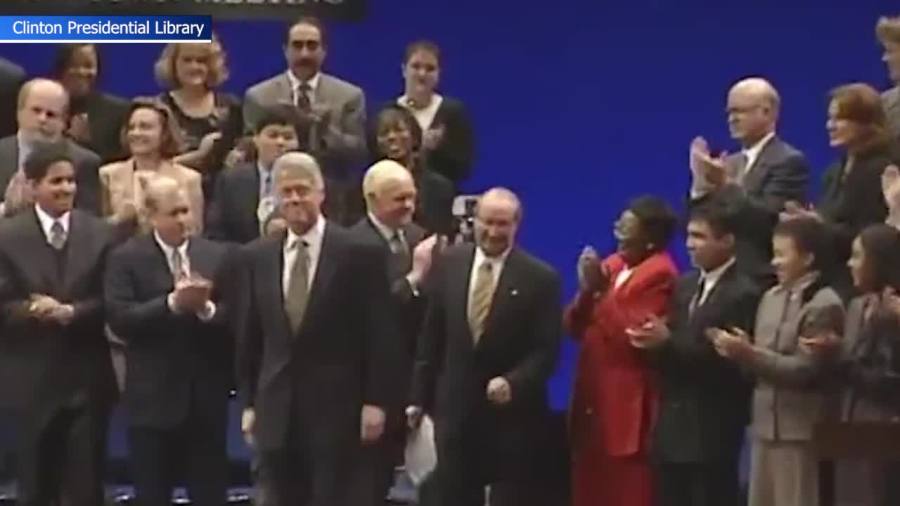
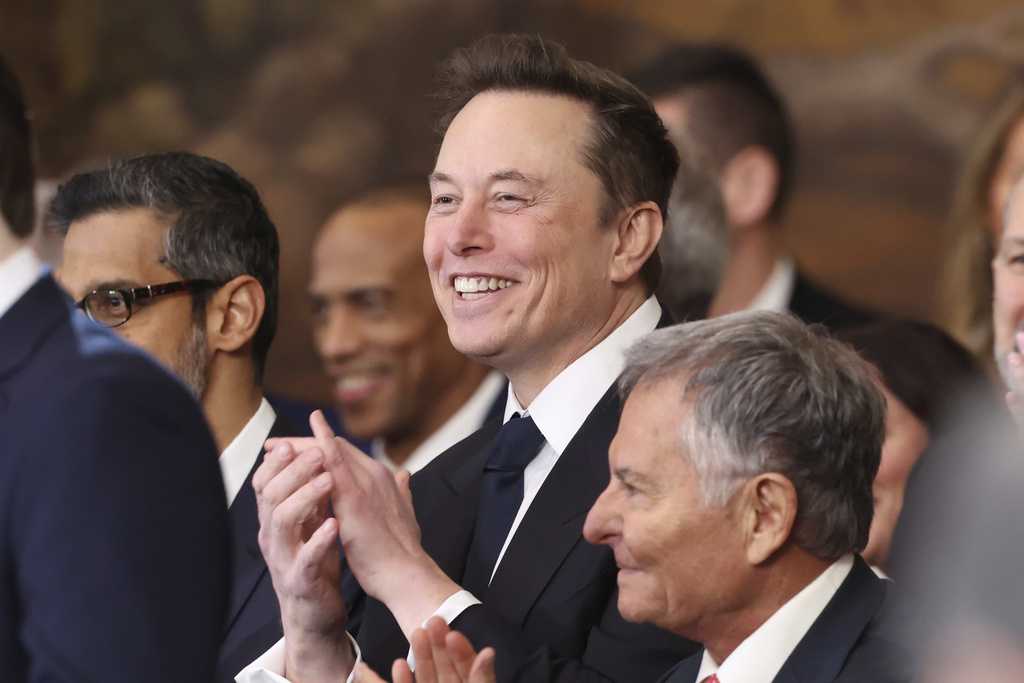


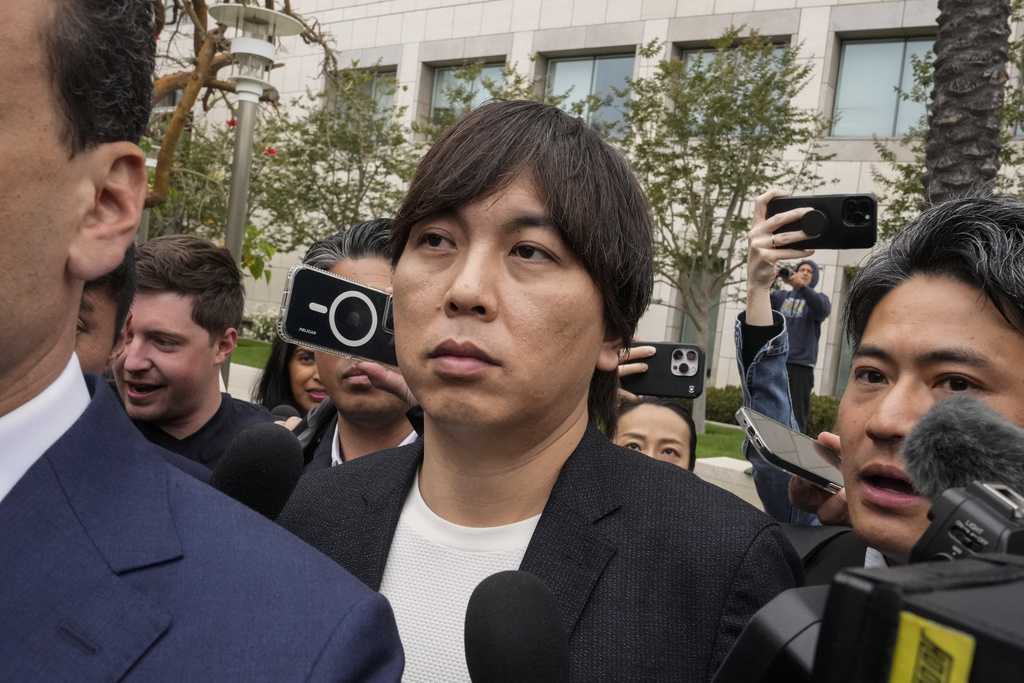
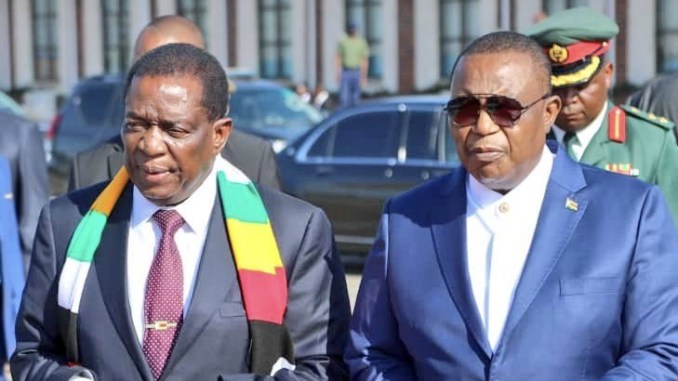
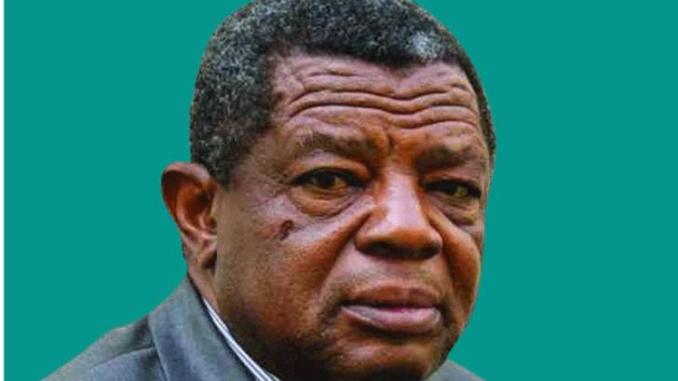

Leave a Reply